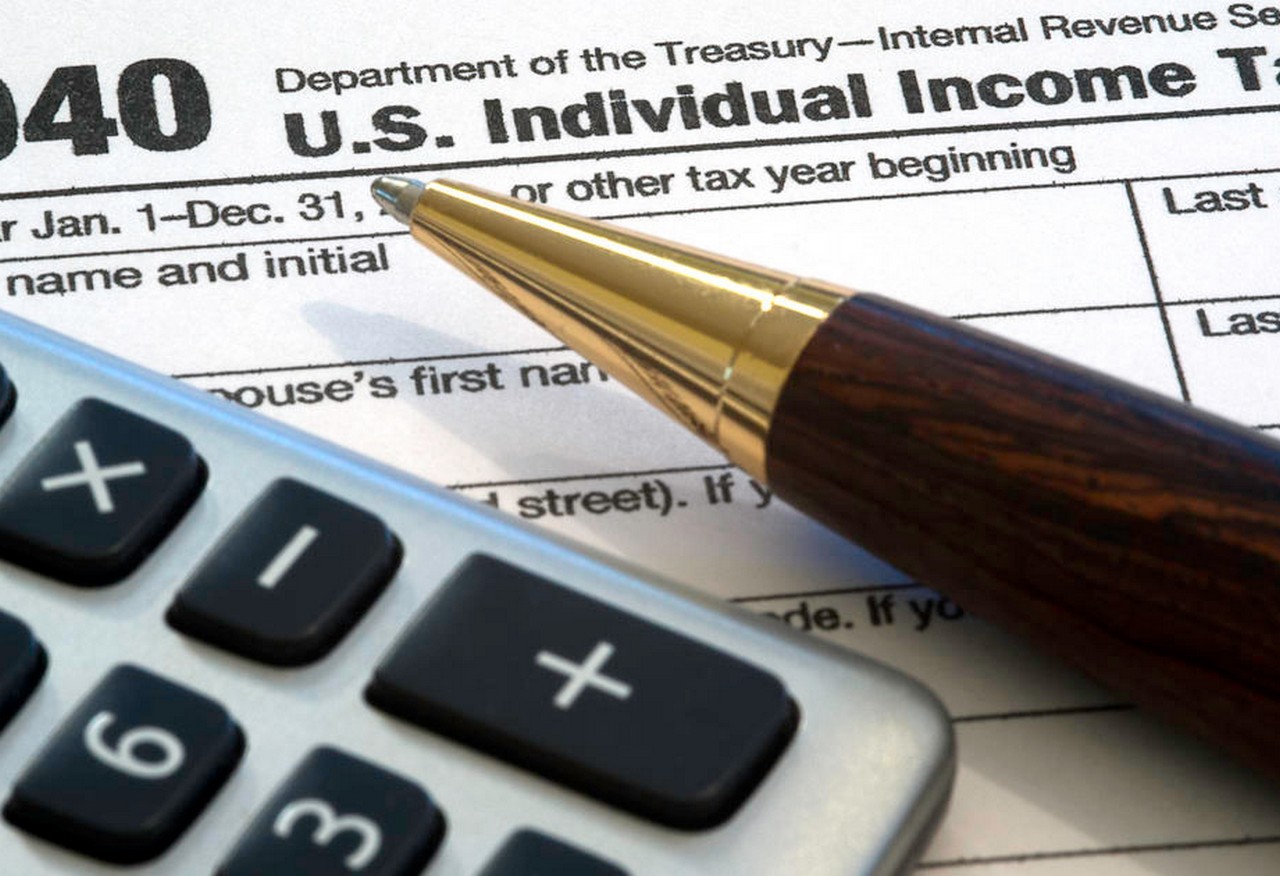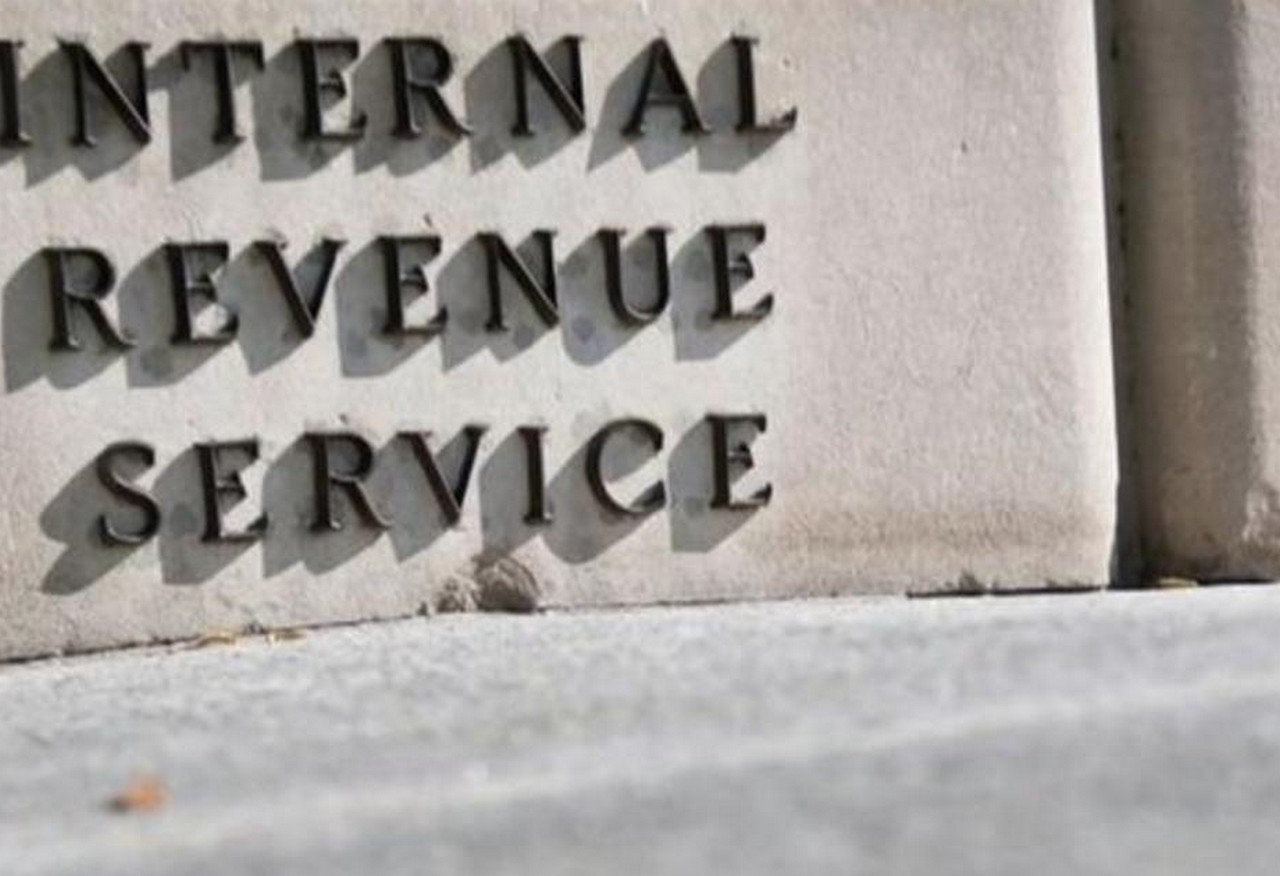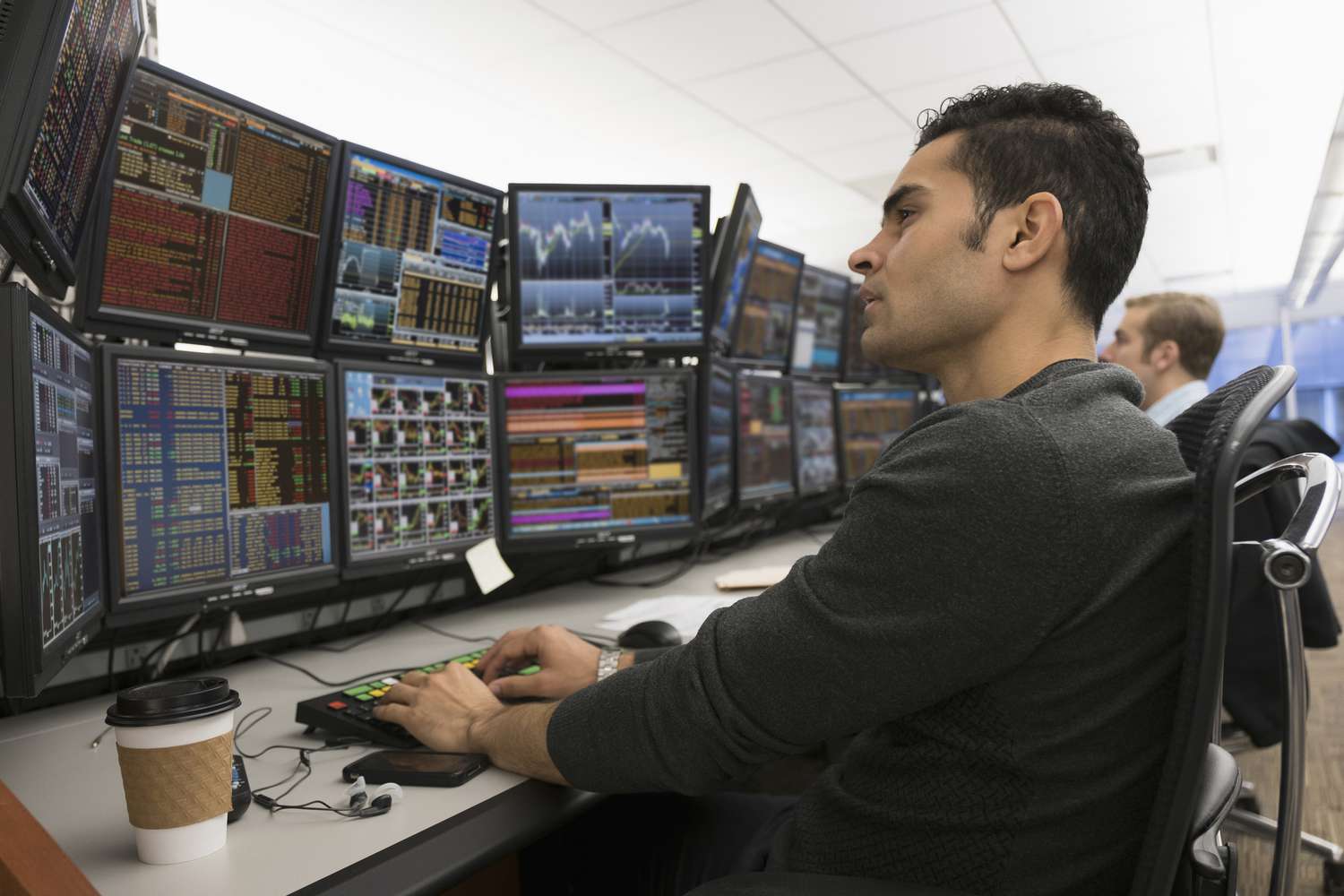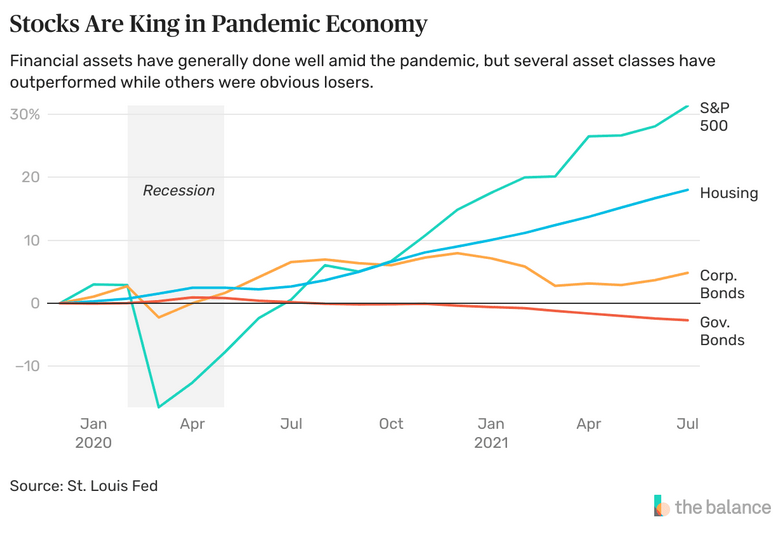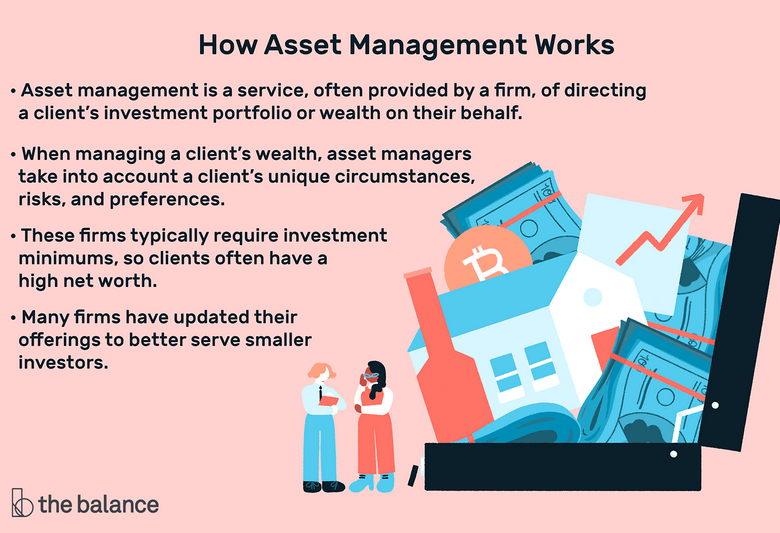Definition and Examples of Spot Worth
A spot value is the worth you’ll pay to accumulate any asset, together with securities, commodities, and currencies, instantly.
- Alternate identify: money value
You’ll possible hear about spot costs for those who’re buying and selling commodities, that are bodily items like gold and silver, oil, wheat, or lumber. Commodities commerce on each the spot market, which is the marketplace for fast supply, and the futures market, which is the marketplace for future supply. In commodity buying and selling, the vendor makes a authorized dedication to ship an agreed-upon amount of the commodity on a sure date at a specified value. The spot value is (the fast value), it’s a key consider figuring out how futures contracts are priced.
For instance, say a barrel of crude oil is buying and selling at $68 at some point. Nonetheless, its futures contract with a settlement date of 1 yr later was priced at $64 per barrel, indicating that the market anticipated oil costs to drop. The spot value of crude oil that day can be $68, and the contract value can be $64, which might be based mostly partly on the spot value.
In one other instance, think about that gold is buying and selling for $1,780 per ounce, however its futures contract for one yr later was $1,786. On this case, traders count on gold costs to rise. The spot value can be $1,780 and the futures contract value can be $1,786.
Be aware
Buyers often use commodities as a hedge towards inflation. When inflation is excessive, shares, and bonds typically lose worth. Nonetheless, commodities are typically extra risky than different investments.
You most likely received’t hear the time period “spot value” fairly often once you spend money on shares as a result of shares at all times commerce at spot value. You purchase a inventory for the quoted value, and the transaction happens instantly. So there is no such thing as a must make a distinction from one other sort of value.
How Do Spot Costs Work?
Commodity merchants use futures contracts for 2 main functions: as a hedge towards will increase or decreases within the spot value, or to take a position that the spot value of a commodity will enhance or lower.
A wheat farmer who’s anxious that the spot value might be decrease by the point she harvests her crop and brings it to market could promote a futures contract as a hedging technique. An organization that should safe the farmer’s wheat could purchase the ahead contract as a hedge in case the spot value of wheat will increase. A 3rd-party speculator aiming for earnings might additionally purchase or promote the ahead contract based mostly on whether or not they predict the spot value of wheat will rise or fall.
What Spot Worth Means for Buyers
If the spot value is decrease than the futures value for a commodity—that means the worth of the commodity is predicted to rise—the market is alleged to be in “contango.” When the spot value is greater than the futures value and the commodity’s value is predicted to drop, the market is in “backwardation.” Spot costs and futures costs are inclined to converge because the contract will get nearer to expiration.
Predicting adjustments in spot costs may be tough for traders. Unpredictable elements like climate, political instability, and labor strikes are among the many many elements that may have an effect on commodity costs. For particular person traders who wish to diversify with commodities, investing in an index fund that tracks a serious commodity index could also be a much less dangerous possibility than investing instantly.
Be aware
The Commodity Futures Buying and selling Fee (CFTC) is accountable for regulating commodity futures. Anybody who trades futures with the general public or offers recommendation about futures contracts should register with the Nationwide Futures Affiliation (NFA).
- Spot value is the worth an investor pays to accumulate an asset instantly.
- Spot value is usually referenced in commodities buying and selling as a result of commodities commerce on each the spot market and the futures market.
- Futures costs are costs for supply of an asset at a future specified date.
- When the spot value is decrease than the futures value, the market is in contango. If the spot value is greater than the futures value, backwardation is going on.


